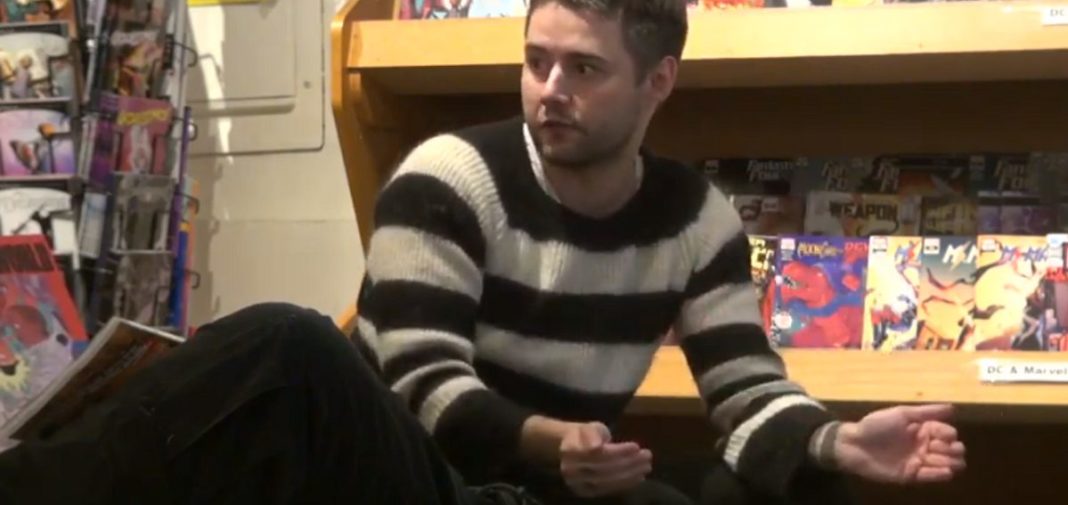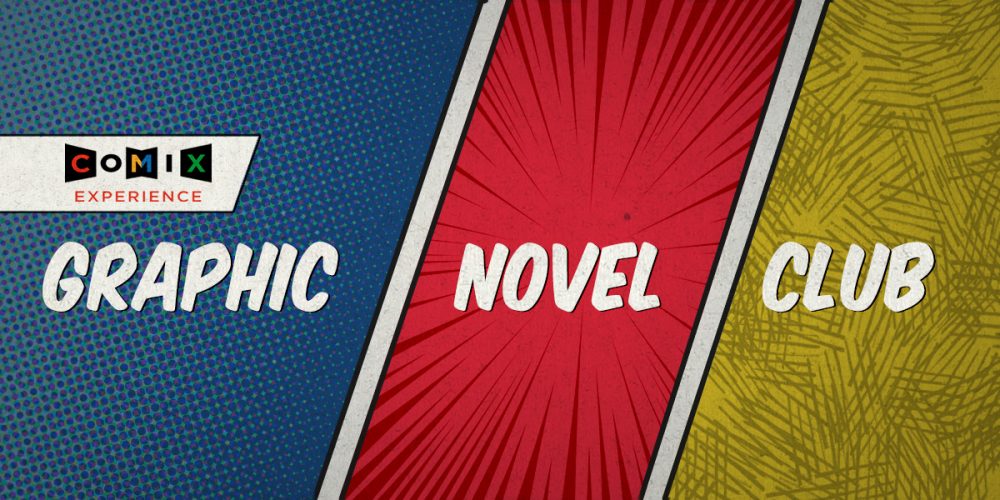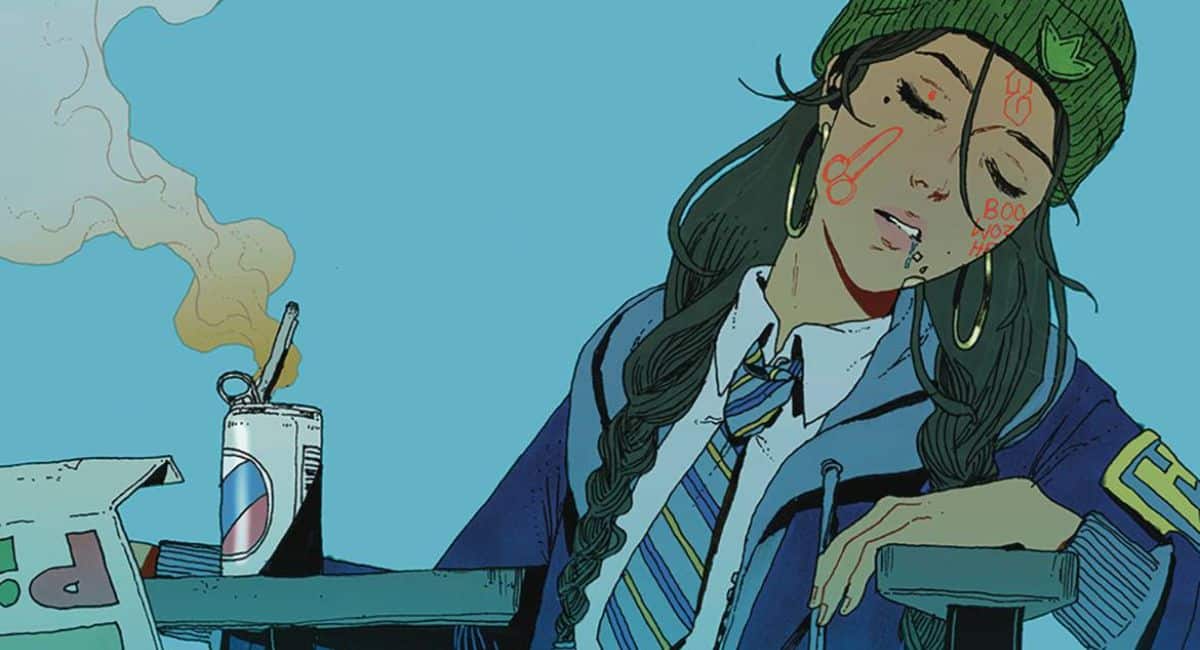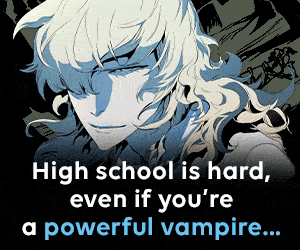The Beat is a proud sponsor of Comix Experience’s Graphic Novel of the Month Clubs, which bring comics fans a curated mix of the best of new release graphic novels and conversations with the creators who make them. Each month, the staff of Comix Experience votes on two sets of upcoming books they are most excited—one gets presented to adults and another to middle readers. Each club provides schwag like original signed custom bookplates for adults or buttons and magnets for the kids.
Most excitingly, the Graphic Novel Clubs bring in the creators of selected books to talk exclusively to GNC members in interviews conducted by Comix Experience owner Brian Hibbs, who brings thirty years of experience in comics to the table. These talks are livestreamed to members all over the country and are a fun and informative mix of conversation on craft and form, as well as on the business of making comics. The Graphic Novel Clubs make a point of being inclusive, inviting creators from a wide variety of age, race, sex, and cultural perspectives to speak to members.
Membership is what propels these conversations, so if you like what you see, please support these discussions of comics, and the creators who make them, by joining the club.
This Week: The mythmaker Aleš Kot joins Brian Hibbs in the Comix Experience studio(?) to talk about his and Tradd Moore’s and Heather Moore’s latest work, The New World. It follows a vegan hacker and a chaotic cop who fall in love in the aftermath of America’s Second Civil War. It’s a self-described “ballistic sci-fi action romance” that channels Mad Max and Romeo and Juliet.












Good get.
alex kot is everything that is wrong with comics today. Lashing out at potential customers online with insults and overt, badly crafted political content substituting for craft.
we used to judge comics based on merit…but now we judge it on how it relates to our identity group “where are members of MY tribe in this comic?”
inclusive often means seeking out people with no interest or ability to do comics and to make them to prove for the sake of destroying a theoretical “white space” “a straight space” “an ablelist space” Let us say that the best creators happen to be Jewish. To the people fighting for inclusion, the fact that the best creators are Jewish must be the result of collusion and discrimination…not that the Jewish creators happen to be good at what they do…and so competent professionals regardless of whether they are Jewish or not are replaced with people who barely know what they are doing and are very miserable/mal-adjusted. (Kate Leth is a perfect example of this) Worst of all–and this is paramount–THEY ARE NOT INTERESTED IN MAKING GOOD COMICS.
comics are not for everyone, tom king says. they are for the poor, marginalized. the weak. the discriminated.
I really hope the poor, marginalized, weak, and discriminated have deep pockets to pay
“fair wages” to progressive creators.
“To the people fighting for inclusion, the fact that the best creators are Jewish must be the result of collusion and discrimination…”
The reason so many Jews ended up in the early comics industry was because (1) the industry was located in New York, which had a large Jewish population, and (2) Jews were often barred from more “respectable” publishing ventures. Comic books were often a last resort, after they’d been rejected by slick magazines and even newspaper comics and pulps.
Comments are closed.